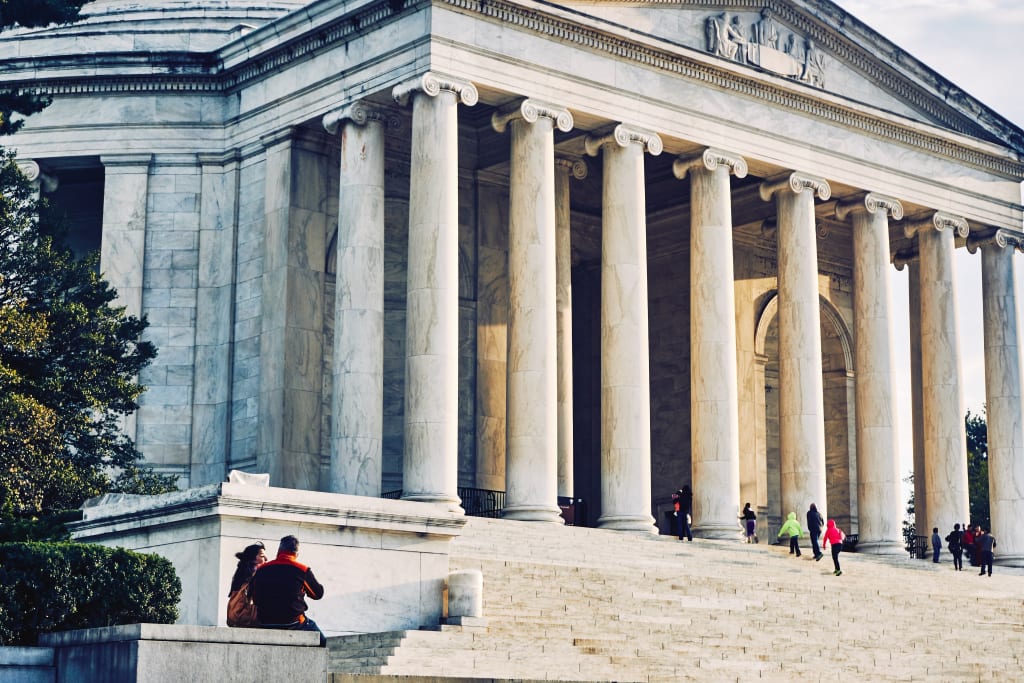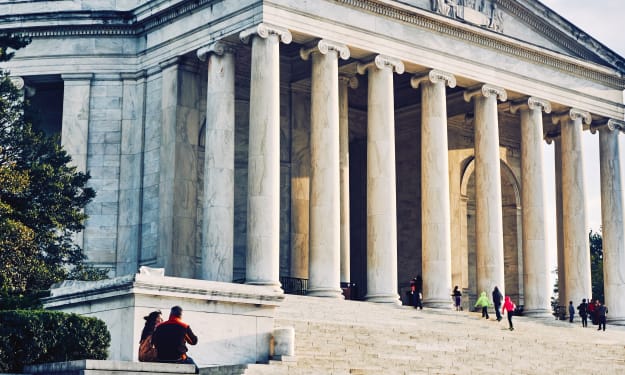
In Britain in year 2019, we have too many layers of governance which together produce too many laws.
Politicians should focus on the purpose and effect of the laws they are responsible for inflicting on their electorate.
The systems of governance are too complex.
Simplicity is the basis of efficiency.
It may be that evolution from King or tribal chief, who made all decisions and ruled by decree, or whim, was necessary but things have gone too far.
We have millions of laws to govern us, and we have a great many official organisation that can enforce those laws. The general public has no real knowledge of the intricate details of the laws that they are governed by and they have little knowledge of how many people are empowered to coerce them into keeping laws they do not understand.
In Britain, we have EU governance, central government, regional government, county councils, municipal governance, we have town councils, rural councils, and parish councils.
No wonder we get situations, as reported by a reader's letter to a national paper. They were waken by sound of de-icing gritting lorry passing their home fell asleep again, but woken 15 minutes later by sound of road sweeping lorry clearing away the grit.
We have laws made by the EU, we have laws made by Parliament, we have laws made by the law courts, we have by-laws, we have religious laws—both Christian and Islamic—we have local council rulings that are enforced by law, there are ancient rights laws, and we have laws of custom (which are not really laws). We have customs and excise regulations, tax rules, and above all, we have the general law of chance. With so many rules and regulations, laws, and compliance expectations, we all break some rule or law everyday, getting punished is down to the rule of chance. The laws made by courts—so-called laws of tort—are probably the most undemocratic form of governance because they are rulings made by judges and turned into law because every court then enforces other judgements to agree with the first one. No vote by the people, or by representatives of the people, was ever involved.
How about all the people given authority, by the state, to ensure compliance with all these rules and laws, including laws that most of us do not know exist? Police, tax officers, customs officers, transport police, immigration forces, council officials, traffic wardens, health inspectorate officials, health and safety executive officers, court officials, which includes bailiffs and sheriffs, and nobody seems sure how many others. This is without military forces, such as Military Intelligence 5 and 6, airport controllers, special branch, counter terrorist units, etc. They all have some form of authority.
There are too many laws. The ancient Chinese said the more laws you make, the more criminals you have made. This is still true. Once Britain gets free of EU rule, it must begin to simplify all our own rules and regulations. Clear the decks, but do not let lawyers and judges do the simplification. That is the same as putting a fox in a hen house, or setting a crow to guard another bird's nest. It must be done in a way so that people, not trained in the law, can understand the resulting laws. Simplicity is a must. Meaning and the intent to have justice at the centre of governance is the only way this can be successful. We have to clear out all the old jargon and all the old legal professions deliberate confusion. We have to stop courts making laws. If they cannot understand what justice requires in a case, then they should refer it to Parliament to make a new law or clarify the existing one. The judges are not elected to make law. Democracy reserves the right to make laws, for those elected to do so. Maybe we should elect judges?
The simplest rule would be: Do no deliberate harm. If accidental harm is done, recompense must be made.
So many of our existing laws, especially regarding traffic, were originally aimed at preventing accidents or saving fuel, but—under our existing law enforcement systems—once a law is made, it loses its purpose and becomes an entity by itself. For example, the 70 limit on motorways was introduced to reduce the nation's need to import petrol and oil. Times have changed, we now have better supplies, and we have more economic cars, but people still get punished for exceeding 70. Those who dislike the freedom people gain from car use claim the limit is to reduce traffic accidents. If this is true, why does it apply when the roads are almost deserted? Anyone can understand why no one should drive at 100 miles per hour in the rush hour on busy sections of the road, but at 2 AM on a deserted motorway the situation changes—but the law does not. This is an example that can be disagreed with, but the point is all laws are made for one set of circumstances and with specific objectives. When those circumstances and objectives change, the laws should be removed, but they are not, they stay and become legal necessities simply because they exist.
To the average person, the recent spate of laws about hate crimes are the most baffling. Whilst most sane people will agree we have to have tolerance and compassion, as we have to accept the differences between individuals, but to make disagreement a crime is a step way too far. It will be said that disagreement is not a hate crime, but at what point does the expression of disagreement become a hate crime? This is a wonderful money-making situation for the legal profession. The laws are made by lawyers and signed off by politicians, many of whom are lawyers or related to lawyers. If they were made by the people that they affect, they would be very much simpler. Emotion is natural, and disagreement is normal. It's an everyday event. The law should only involve actions. Actions deliberately aimed at doing harm to another should be the crime, the offense. What people think is not. The media is full of leftwing “comedians” who say things about rightwing advocates with impunity. They can say what they like about right of centre politicians and activists, but if a rightwing person said the same things about, for example, a female leftwing politician, the police would be called to charge the speaker with a hate crime. This brings the law into disrepute. One law. One land. One law means all people are governed by it. The colour or gender, the age or political views of those involved, should never affect the law being applied. The laws on incitement are meant to be anti-terrorism laws, but how long before some smart lawyer sees money to be made by arguing that inciting one team to beat another, at a sports event, is a crime?
Once a law reaches the courts, its purpose is ignored. All that matters is the letter of the law, and the interpretation that legal professionals can get paid to argue about. Politicians wake up, your job is to ensure indigenous voters are in charge. To do so, they need to be able to comprehend the laws that govern them. Simplify laws. The purpose is what matters and when situations change, delete the law.
About the Creator
Peter Rose
Collections of "my" vocal essays with additions, are available as printed books ASIN 197680615 and 1980878536 also some fictional works and some e books available at Amazon;-
amazon.com/author/healthandfunpeterrose
.






Comments
There are no comments for this story
Be the first to respond and start the conversation.